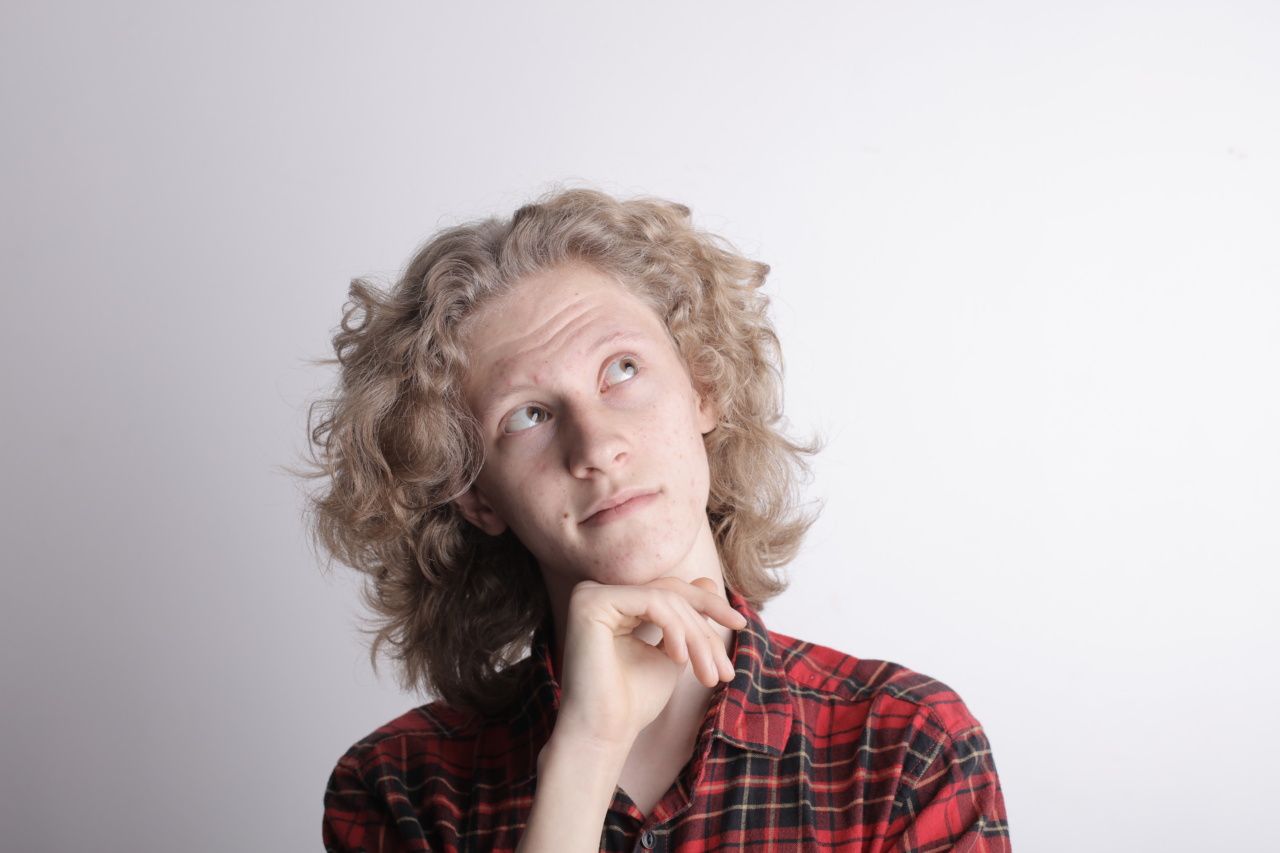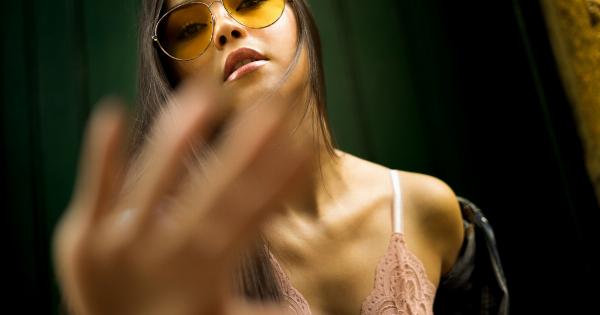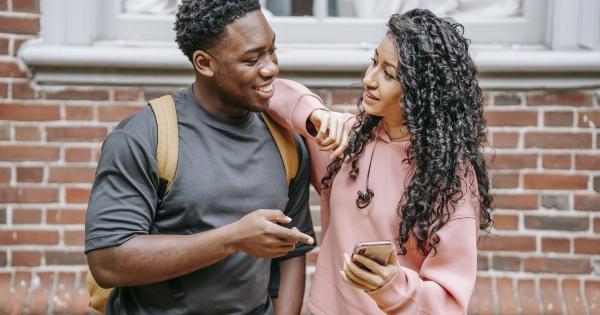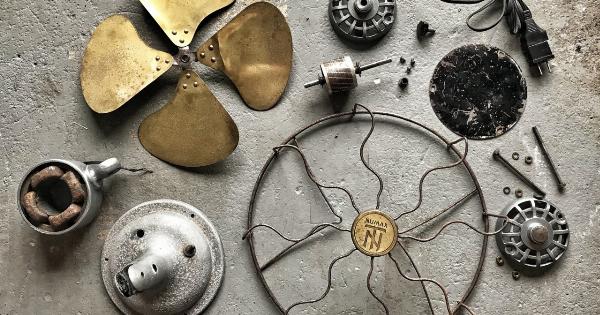In today’s digital age, where social media platforms have become a breeding ground for discussions and debates, the emergence of influencers and their impact on public opinion cannot be overlooked.
One such influencer, Kikilia, recently posed a question about blonds that has garnered a lot of attention. In this article, we will explore the reactions to Kikilia’s question and delve into the various perspectives surrounding the topic.
Blonds: A Cultural Phenomenon
Blonds have always held a special place in society, often being associated with youth, beauty, and even a certain level of perceived intelligence.
This stereotype has been ingrained into popular culture, reinforced by countless movies, advertisements, and fashion trends. However, like any stereotype, it is important to critically examine its origins and impact.
The Influence of Kikilia
Kikilia, a prominent social media influencer, generated a significant amount of buzz when she delved into the topic of blonds. With her large following, Kikilia’s opinion carries weight and has the potential to shape public perception.
Her question has sparked a widespread discussion amongst her followers and others who have stumbled upon her thought-provoking post.
Positive Reactions to Kikilia’s Question
Many of Kikilia’s followers and supporters resonated with her question, expressing their agreement with the stereotypes associated with blonds. Some argued that these stereotypes are harmless and merely a part of our cultural fabric.
They believe that it is natural for every culture to have certain beauty ideals and that blond hair is simply one of them.
Advocates for the preservation of these stereotypes claim that they add to the diversity of our society, as different beauty standards coexist.
Some even argue that blonds can use their appearance as an advantage in certain situations, such as in the modeling or entertainment industry.
Negative Reactions to Kikilia’s Question
On the other hand, there are those who vehemently oppose the perpetuation of these stereotypes.
They argue that associating certain characteristics, such as intelligence or attractiveness, solely with blonds is not only unfair but also detrimental to individuals who do not fit into this mold. The impact of such stereotypes can lead to self-esteem issues and even discrimination.
Many critics view these stereotypes as a limiting factor that prevents individuals from being recognized for their true abilities and qualities.
They stress the importance of embracing diversity and promoting inclusivity, arguing that focusing solely on physical attributes hinders society’s progress towards a more equitable future.
A Psychological Perspective
Understanding the psychological implications of these stereotypes is crucial in comprehending their impact on individuals.
Psychologists suggest that these stereotypes can create a phenomenon known as the “blond stereotype threat.” It occurs when individuals feel pressured to conform to the expectations associated with their hair color, affecting their performance and sense of self-worth.
Furthermore, research has shown that perpetuating stereotypes hampers our cognitive abilities, as we tend to make assumptions based on preconceived notions rather than evaluating individuals on their personal merits.
This can lead to missed opportunities for personal and professional growth, contributing to a less diverse and inclusive society.
Shifting Paradigms
As society continues to evolve, so do our perspectives on beauty and the importance of embracing diversity. Many influencers and activists are challenging these stereotypes and pushing for a more inclusive narrative.
They use their platforms to celebrate different forms of beauty, emphasizing the importance of recognizing individuals for their unique qualities rather than superficial characteristics.
Brands and media outlets are also recognizing the need for change.
They are increasingly featuring models and personalities from diverse backgrounds, challenging traditional notions of beauty and redefining standards to be more inclusive and representative.
Conclusion
Kikilia’s question about blonds has sparked an important conversation surrounding stereotypes, beauty ideals, and the need for inclusivity.
While some argue that these stereotypes are harmless and a natural part of our cultural fabric, others stress the detrimental impact they can have on individuals and society as a whole.
It is crucial to critically examine these stereotypes and acknowledge the harm they can cause. By promoting diversity and inclusivity, we can shift societal paradigms and create a more equitable future.
It is up to each individual to challenge these stereotypes and embrace the beauty that lies beyond surface-level attributes.






























